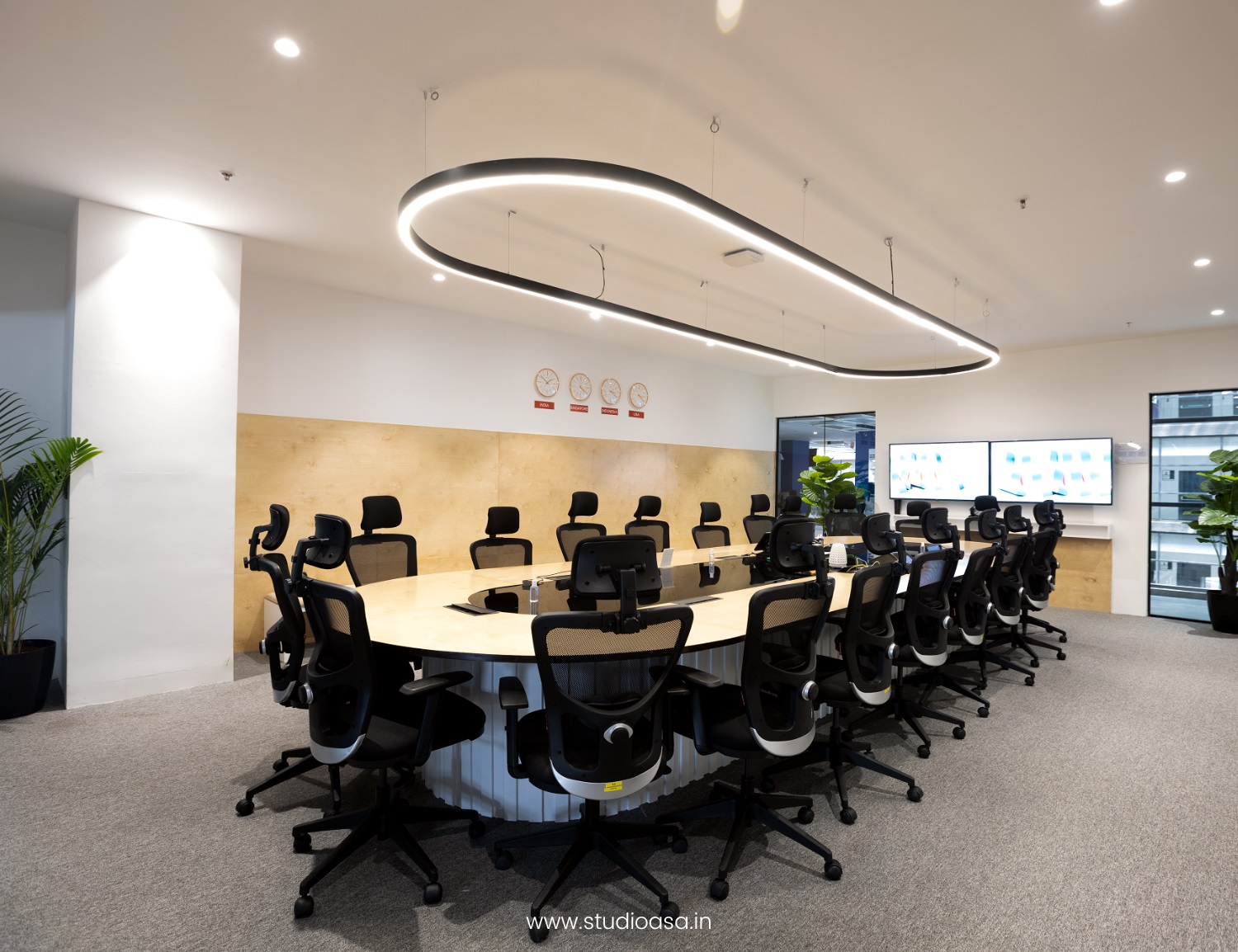India’s offices are now reopening all around the country. Most firms are undertaking back-to-office programs, from huge IT companies to mid-sized businesses to start-ups. Meanwhile, previous versions of the virus have significantly impacted how workplaces are envisioned and designed and how the workflow is implemented.
Offices in the future will be different from those in the past. The key theme will be fruitful cooperation and meaningful participation. Similarly, there will be a rising emphasis on lowering overall lease costs. Flexible offices will play a far more significant role in the face of such a broad transformation. Small businesses will use co-working spaces and managed office spaces and start-ups, and huge multinational corporations.
Popularity is Increasing Consistently
The need for flexible office spaces is steadily increasing. Surprisingly, demand comes not only from start-ups and SMEs but also from huge corporations. Large corporations like KPMG, IBM, Microsoft, and others have rented co-working facilities in addition to their regular offices even before COVID.
The use of flexible office space can provide a dynamic yet cohesive working environment, which helps foster significant social and business ties and enhances overall individual productivity.
Shared space providers increasingly employ innovative technology and spatial design formats to enable higher working experiences and increased efficiency without sacrificing the fun factor. They’re also working on a simple, adaptable, and scalable lease agreement urgently needed.
Effective at Lowering Costs
The Indian economy is improving, which is good news for Indian companies and businesses. However, following previous pandemic onslaughts, most businesses will continue to work on tighter budgets and lower total operating and capital expenses. It will fuel demand for flexible office segments, which provide a cost-effective option for owning or leasing a commercial property.
Leasing office space accounts for a significant portion of an organization’s operating costs. Using a flexible location can help you save money and free up finances for business expansion, R&D, and talent acquisition. Furthermore, because flexible offices are managed premises, tenants are not required to participate in day-to-day operations.
Enhances the Hybrid Working Models
The introduction of new workflow models characterizes the post-pandemic period. Even though offices are reopening, many employees in most companies will continue to work remotely. Co-working spaces are a natural match for this hybrid approach. Businesses will prefer small, flexible co-working spaces over massive office spaces.
It would save overhead costs, but it would also increase individual productivity and provide a more relaxed working environment for the employees who would be returning. Long commutes will, similarly, be avoided in the new normal. Organizations will use a hub and spoke model rather than owning a vast central office. In this model, in addition to the core unit, there will be an extensive network of local offices dispersed around the city. For employees, this means that they will no longer have to waste time driving large distances to work because they may log in from their local workplace instead. The demand for flexible rooms will grow even more due to this arrangement.



YOUR COMMENT